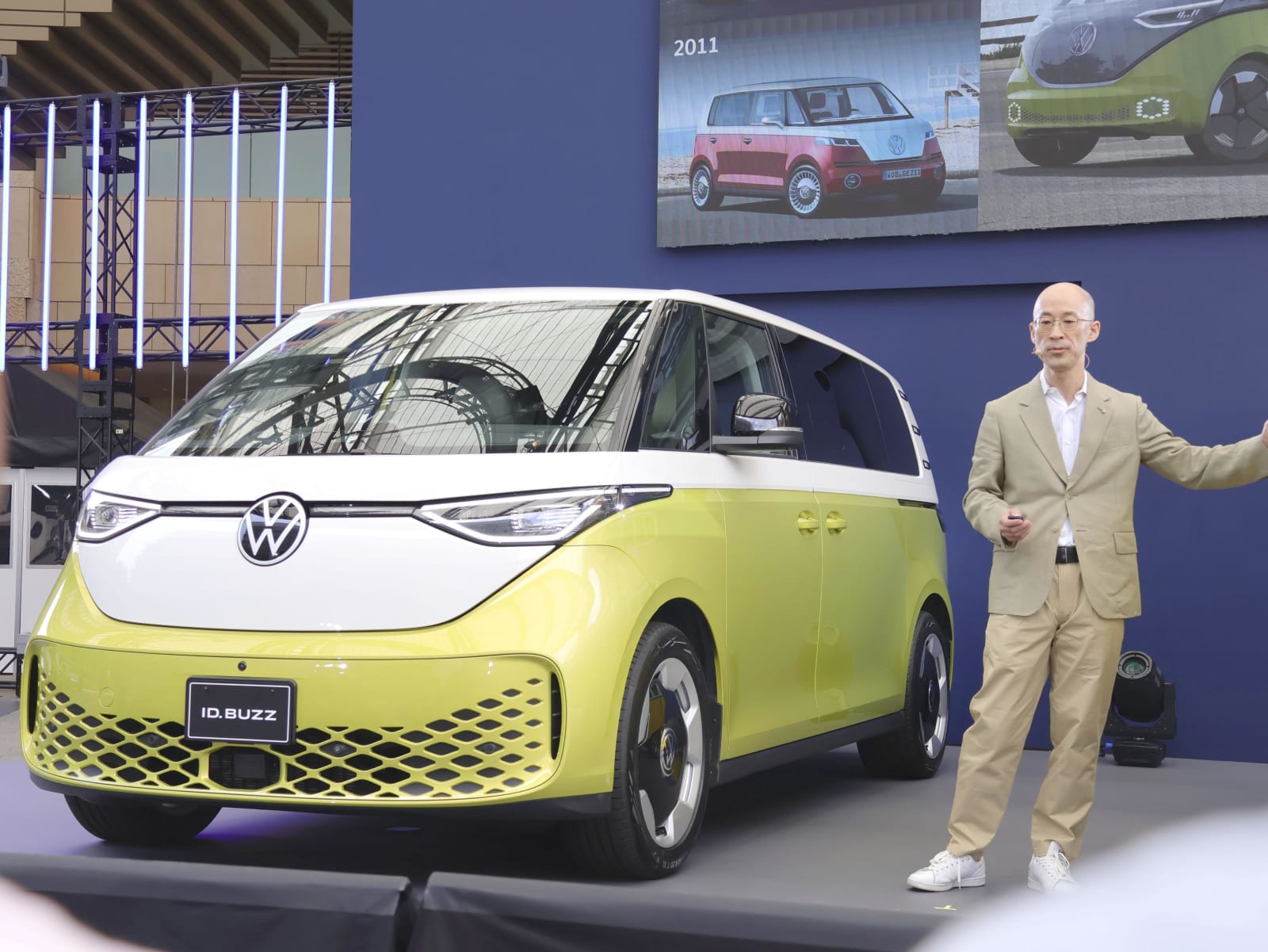
U.S. Car Sales in Japan Remain Low Despite Growth
In the first half of 2024, only 7.8 percent of imported cars sold in Japan came from U.S.-branded automakers, according to industry data. This figure highlights a weak domestic demand for American-made vehicles, despite efforts by U.S. automakers to gain a foothold in the market.
During the six-month period, a total of 121,243 imported vehicles were sold in Japan. Out of this number, only 9,517 were from U.S. brands. This number falls significantly short of what U.S. President Donald Trump had previously claimed about increased Japanese purchases of American imports to address the trade deficit.
Among the U.S. brands, Jeep—owned by Stellantis NV—was the top-selling brand with 4,333 units sold. General Motors Co.'s Chevrolet and Cadillac followed with 283 and 185 units respectively. In contrast, German automaker Mercedes-Benz alone sold 25,015 vehicles in the same period, showing a strong preference for European brands in Japan.
Tesla Inc., another prominent U.S. automaker, does not disclose its sales by country. However, an association official noted that Tesla accounted for almost all of the "others" category with 4,589 units. These figures were included in the U.S. car sales data.
Despite their low market share, U.S. car sales in Japan have shown growth, increasing by 17.2 percent compared to the previous year. This growth is attributed to the popularity of new electric vehicles (EVs) from Cadillac and Jeep, which are gaining traction among Japanese consumers.
The issue of U.S. car imports has been a focal point in ongoing trade negotiations, particularly concerning Trump's tariffs. The former president expressed dissatisfaction with the limited presence of U.S. cars on Japanese roads, blaming Japanese non-tariff barriers such as differences in safety tests for the situation.
Japan, which does not impose tariffs on imported cars, claims its rules and standards align with United Nations regulations. It argues that it does not enforce particularly strict rules on imported vehicles. However, some analysts suggest that Japanese buyers are not drawn to the types of vehicles typically offered by American automakers, such as large pickup trucks. Instead, they prefer smaller vehicles due to Japan’s narrow roads.
Prime Minister Shigeru Ishiba emphasized the need for foreign automakers to consider Japanese consumer preferences during a parliamentary session earlier this year. He pointed out that Japanese drivers favor right-hand drive and fuel-efficient vehicles. "Foreign automakers have to produce cars that suit Japanese consumers, and that is up to American companies," Ishiba said. He also highlighted that limited dealer networks play a significant role in the aversion to U.S. brands.
Officials from foreign carmakers in Japan agree with Ishiba’s assessment. They stress that the key to expanding their market share lies in understanding and responding to domestic preferences, as well as maintaining continuous engagement with buyers through dealerships.
Takeshi Sawamura, senior manager at Volkswagen Group Japan K.K., noted that the company’s strength lies in its nationwide network of 200 stores. This allows people in Japan to casually visit and experience the cars firsthand. He also mentioned that while Japan’s regulations are sometimes considered nontariff barriers, they are moving toward global standards. "What matters is whether we can produce cars that suit the Japanese market," he said.
Jin Narita, head of Stellantis Japan Ltd., emphasized the company’s focus on offering a wide range of products that appeal to many Japanese drivers. "Stellantis cars are positioned between domestic makers' models and premium models. We offer unique models, such as Jeep that appeal to consumers' adventurous side," Narita said. This approach reflects the company's strategy to cater to diverse consumer needs in the Japanese market.
Post a Comment